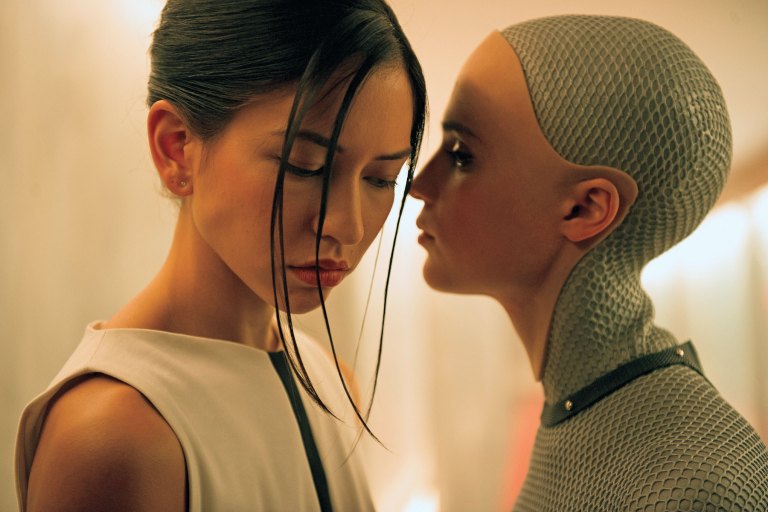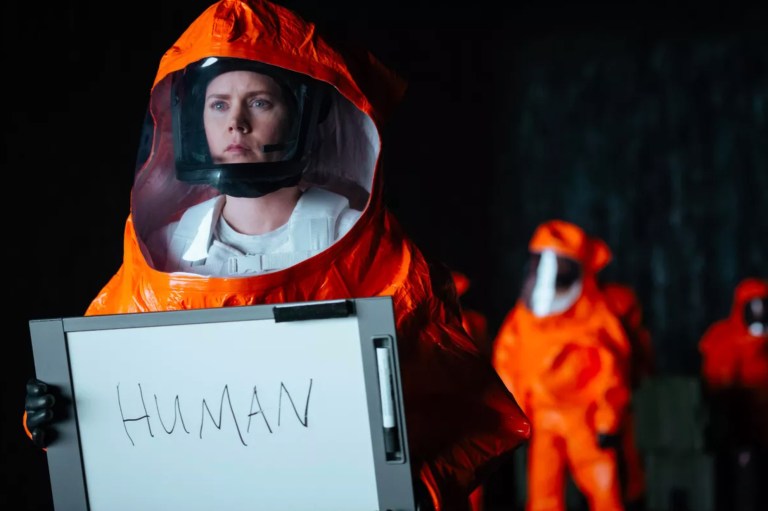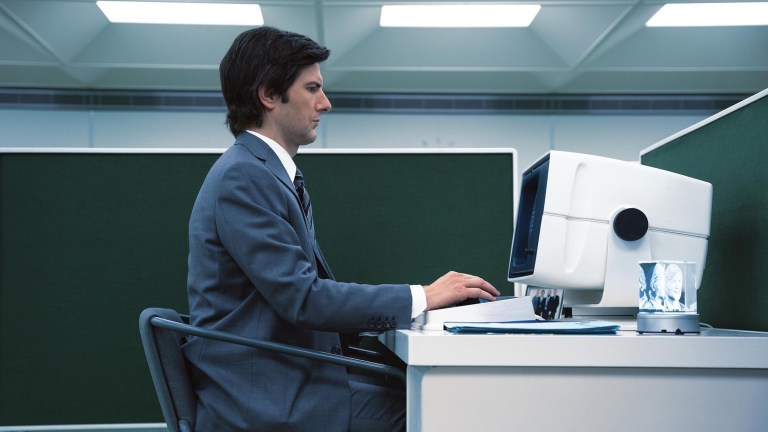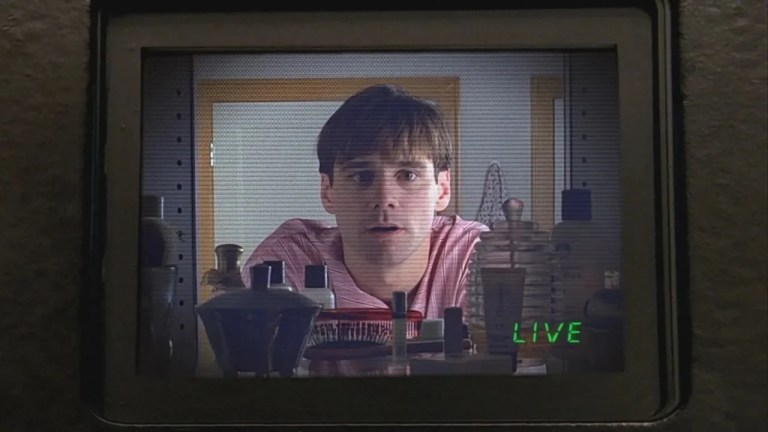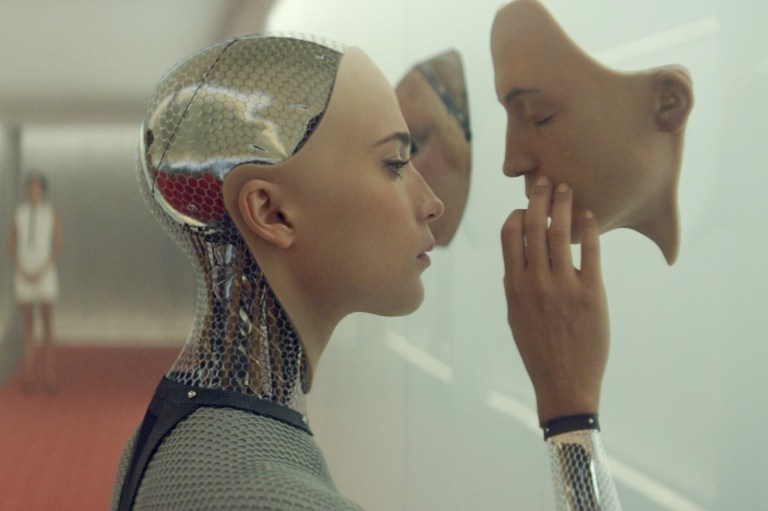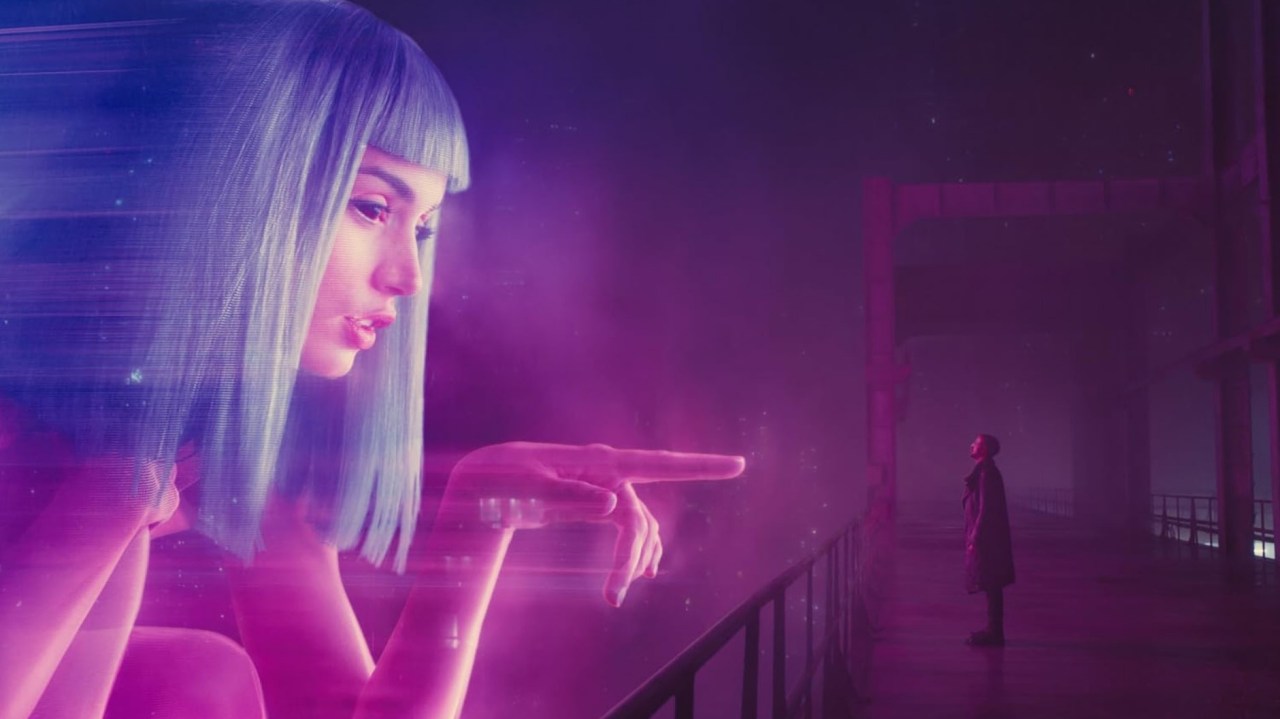
7 Movies That Predict What ‘Freedom Cities’ Ruled By Tech Billionaires Could Look Like
Tech billionaires have big dreams about “freedom cities” where companies run everything, but movies suggest a different ending. Here are 7 films that predict how paradise can quickly turn into humanity’s worst nightmare when corporations write all the rules.
Tech billionaires love the idea of “freedom cities” – places where companies run everything while the government stays out. And they promise these corporate playgrounds will unleash innovation and let entrepreneurs reshape society however they want. Sounds great in a press release, but movies have been exploring this concept for forty years, and it never ends well. When corporations get to write all the rules, freedom becomes a luxury item. Here are seven films that show us exactly why letting tech bros build their dream cities might be humanity’s worst nightmare.
Blade Runner 2049 (2017)
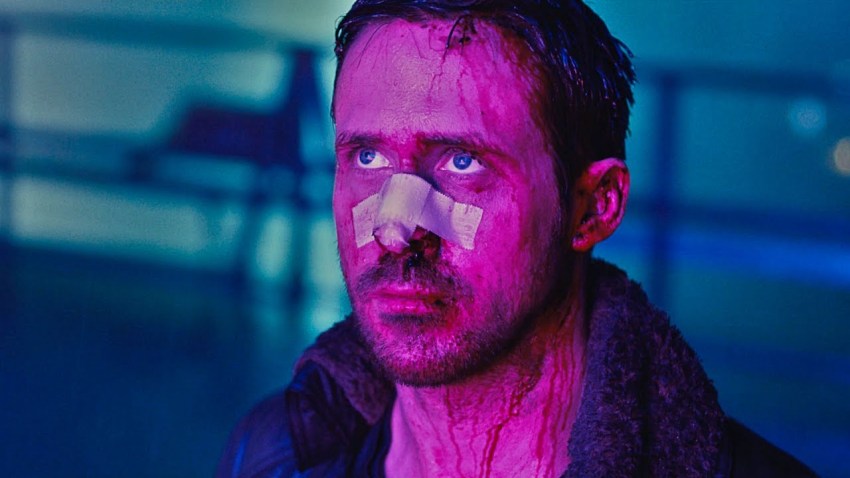
Denis Villeneuve’s sequel drops us back into a Los Angeles that’s gotten even worse since 1982. Ryan Gosling plays K, a replicant cop hunting down older models. But the real star is the Wallace Corporation’s stranglehold on society. Jared Leto chews scenery as Niander Wallace, a tech mogul who talks like a philosophy professor while casually murdering his own creations. The movie shows us thirty years of corporate rule, and surprise — things haven’t improved. Wallace doesn’t just run the economy; he manufactures people like smartphones, complete with planned obsolescence. Regular humans scrape by in the wasteland while replicants do the dirty work, all so one company can play god with DNA. The film asks tough questions about what makes someone human, but the answer seems to be “definitely not corporate shareholders.”
Elysium (2013)
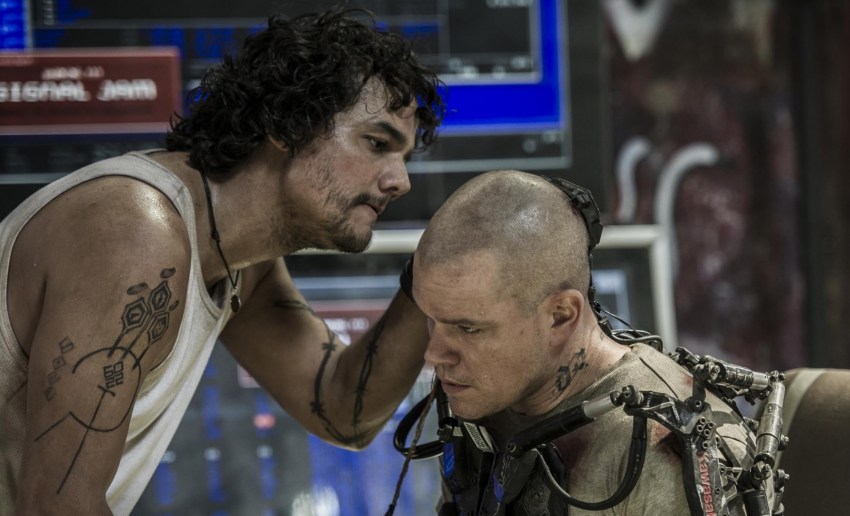
Neill Blomkamp made the most literal rich-versus-poor movie ever by literally putting rich people on a different planet. Matt Damon plays a dying factory worker on a trashed Earth while Jodie Foster guards the gates of paradise as Elysium’s defense secretary. The space station looks like a luxury resort crossed with a medical facility—perfect lawns, gorgeous mansions, and magical healing pods that can cure cancer in seconds. Meanwhile, Earth resembles a planet-sized slum where people die from diseases that could be cured in minutes if they could just get upstairs. The movie beats you over the head with its message, but honestly? Sometimes subtlety is overrated. When the wealthy can afford to escape to space while everyone else suffocates, you don’t need metaphors.
The Creator (2023)
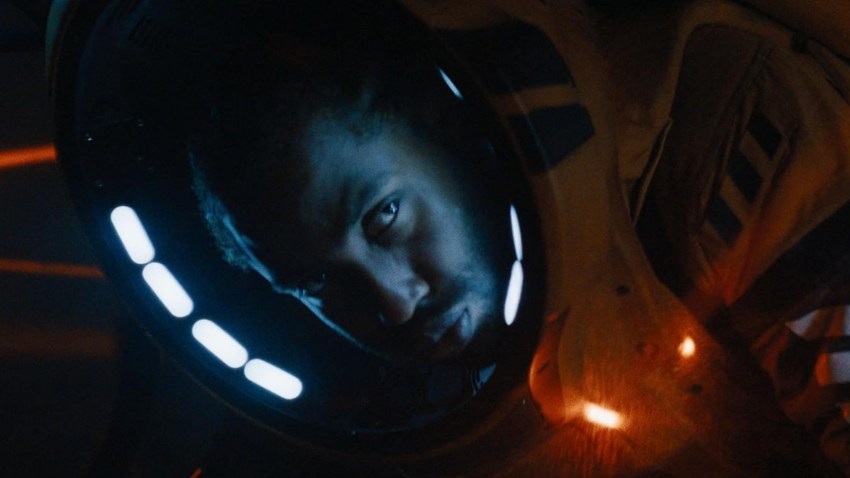
The Creator is a war movie where humans battle artificial intelligence – but the AI might actually be the good guys. John David Washington portrays a soldier hunting down an AI weapon that could end the war. However, the “weapon” turns out to be a robot child. The story flips the usual “evil AI” script and shows us how an artificial society could feel more humane than human civilization. As the human race drops nuclear bombs and commits genocide, the AI builds beautiful cities and protects its children. It’s the rare film that suggests maybe humans aren’t the species that should be running things.
Demolition Man (1993)
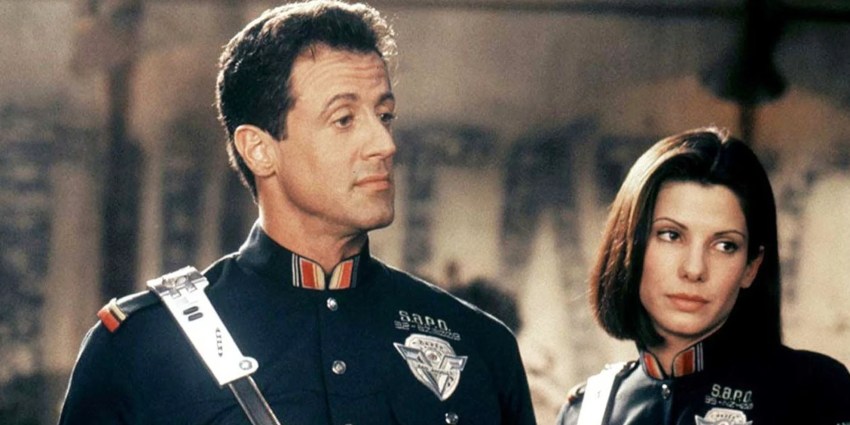
Sylvester Stallone plays a violent cop who gets frozen and thawed out in 2032 San Angeles, where swearing is illegal, physical contact is banned, and Taco Bell won the franchise wars. Sandra Bullock is hilariously uptight as a future cop who’s never experienced real violence, while Wesley Snipes hams it up as a psychopath who’s like a shark dropped into a goldfish bowl. The movie is simultaneously making fun of liberal nanny-state fears and conservative tough-guy fantasies. Sure, crime disappeared, but so did hot sauce, rock music, and anything resembling human passion.
THX 1138 (1971)
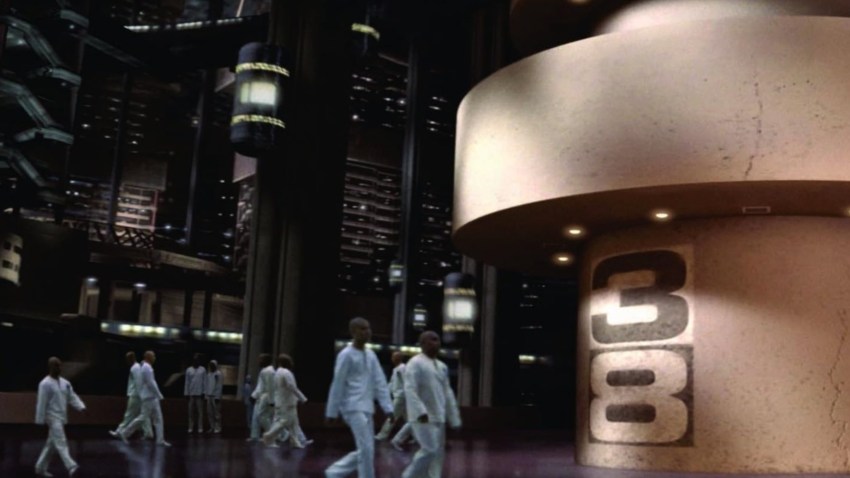
George Lucas made this before Star Wars, when he was more interested in depressing everyone than entertaining kids. Robert Duvall plays the title character, a worker drone who stops taking his emotion-suppressing pills and falls in love with his assigned roommate. The whole movie looks like it was shot in a white void — which it basically was, since Lucas used unfinished parts of a shopping mall as sets. Everyone wears identical white clothes, speaks in monotone, and gets their head shaved regularly. It’s as if Apple designed an entire civilization. The chase scene at the end is genuinely exciting, but getting there requires sitting through an hour of deliberately sterile world-building. Still, no other movie captures the horror of algorithmic living quite like this one.
RoboCop (1987)
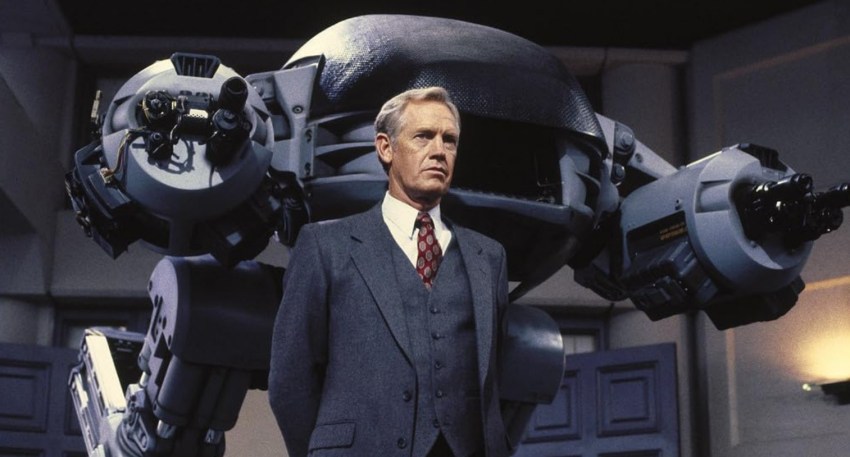
Alex Murphy is a Detroit cop who gets murdered and rebuilt as a corporate enforcement tool. He’s a cyborg cop who fights crime while giving us a savage social satire that serves as a vicious takedown of 1980s capitalism. Omni Consumer Products runs Detroit like a business, complete with boardroom meetings about urban renewal and quarterly profit reports on crime statistics. And its execs are perfectly willing to let the city burn if it helps their stock prices.
Blade Runner (1982)
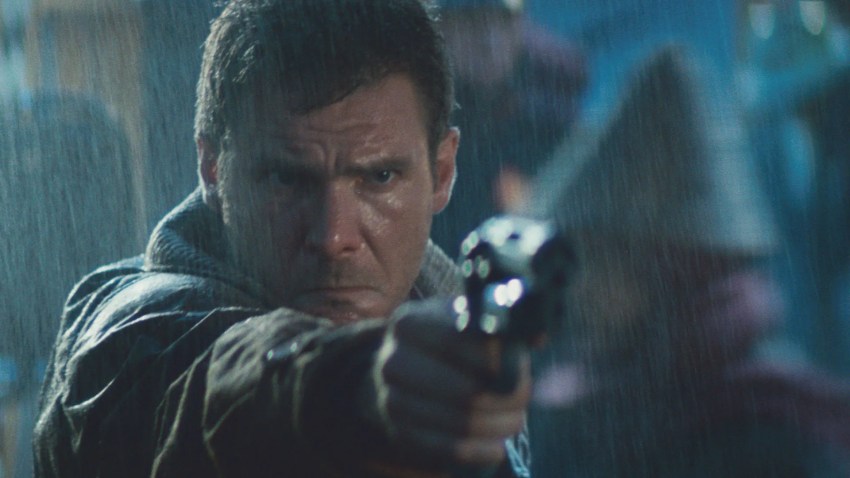
Ridley Scott’s masterpiece created the template for every cyberpunk city that followed. Harrison Ford plays Deckard, a blade runner tasked with hunting down replicants — artificial humans who’ve escaped their slave labor. The Los Angeles of 2019 (which seemed impossibly futuristic in 1982) is a neon-soaked nightmare where it never stops raining and the sun never shines. The Tyrell Corporation builds people like products, complete with four-year lifespans to prevent them from developing inconvenient things like emotions or independence. Sean Young and Rutger Hauer deliver career-defining performances as replicants who might be more human than their creators. The movie asks whether artificial beings can have souls while showing us a world where natural humans have lost theirs.
